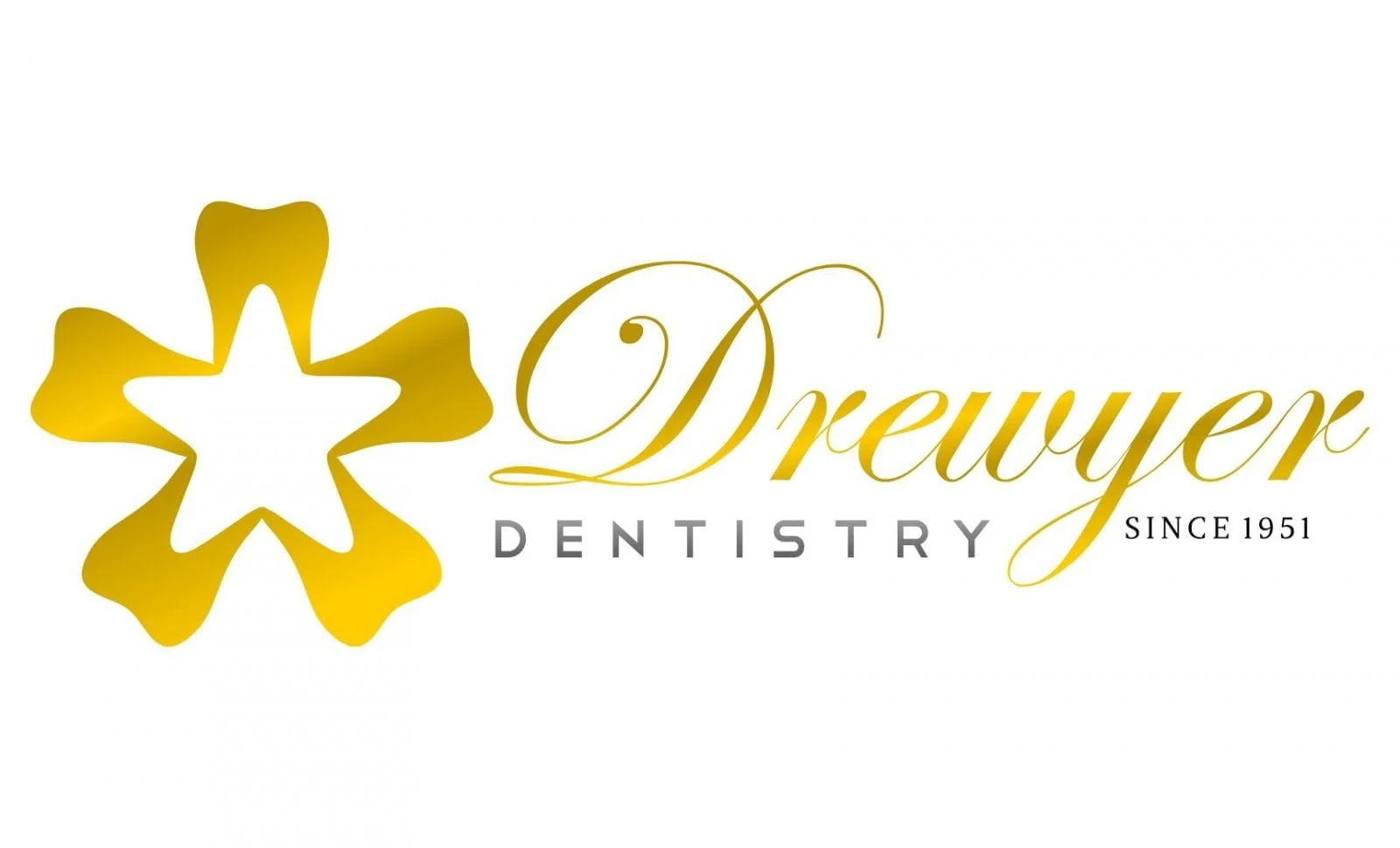Whether you are a new patient or a patient of current record, the situation may present for the consideration of replacing missing teeth. For me, the bottom line always begins with the question -are you missing your missing teeth? That is, are you happy with your smile and speech and support of your facial profile? Do you eat what you want when you want? Is your digestive system working well without issues of acid reflux or constipation or poor nutrition? Are your remaining teeth over stressed or drifting? I ask these questions because, even though you may not be aware of all of those issues, if you are not having "issues", you will not be motivated to consider the parameters of time, types of treatment, level of accommodation and function, aesthetics and appropriate cost for the tooth replacement services available. In my opinion, it is never a good idea to pursue the replacement of missing teeth simply because the dentist wants you to.
However, when you are aware of the potential benefits, seen and unseen, of re-creating a full set of teeth, those parameters must be considered when deciding among the many options that may be available to you.
Our teeth are the starting point for good nutrition. The better we chew our food, the easier it is for our digestive tracs to pull out the nutrients and send the waste along the way. The larger the bolus of food that is swallowed, the more stomach acid is required to break it down, with potential resultant excess stomach acid, GERD and constipation among the problems that follow. Therefore, the more teeth are working as an efficient chewing machine, better nutrition and stomach and bowel functions result.
When teeth are lost, the drifting of opposing teeth and adjacent teeth is possible. It is not possible to accurately predict if and when this will happen or to what degree. However, even if it happens gradually over time, by the time it shows up as a nuisance, the time and treatment for correction, if possible, will be more extensive.
It does a patient little good if the prosthetic replacement of missing teeth is uncomfortable or moves and shifts during function, or does not meet with aesthetic demands. Although many folks wear Complete Dentures or Removable Partial Dentures for prosthetic devices, they are at best unpredictable regarding patient tolerance or accommodation; have the potential to put untoward forces on the teeth and tissues utilized for retention; trap plaque and food debris more easily; and may show the clasp arms or bars used for retention. Complete and Removable Partial Dentures require the least time and investment when compared to other options.
Fixed Bridges are prostheses that hold missing teeth affixed to crowns on either side of the space. Fixed bridges can be very natural feeling with excellent aesthetics and ability to maintain hygienically. They can be fabricated in a comparatively short period of time (4-6 weeks). Fixed bridges may need to anchor together teeth that were not previously candidates for crowns. Once these teeth are connected, the long term health and functionality of the bridge depends on the health of each respective retainer crown. If a crowned tooth becomes involved with decay or gum disease, the entire bridge will be at risk. The cost for Fixed Bridges is determined by the number of retainer crowns and pontics (replacement teeth) and will be significantly more of an investment than a removable appliance.
Implants are covered under their own heading
